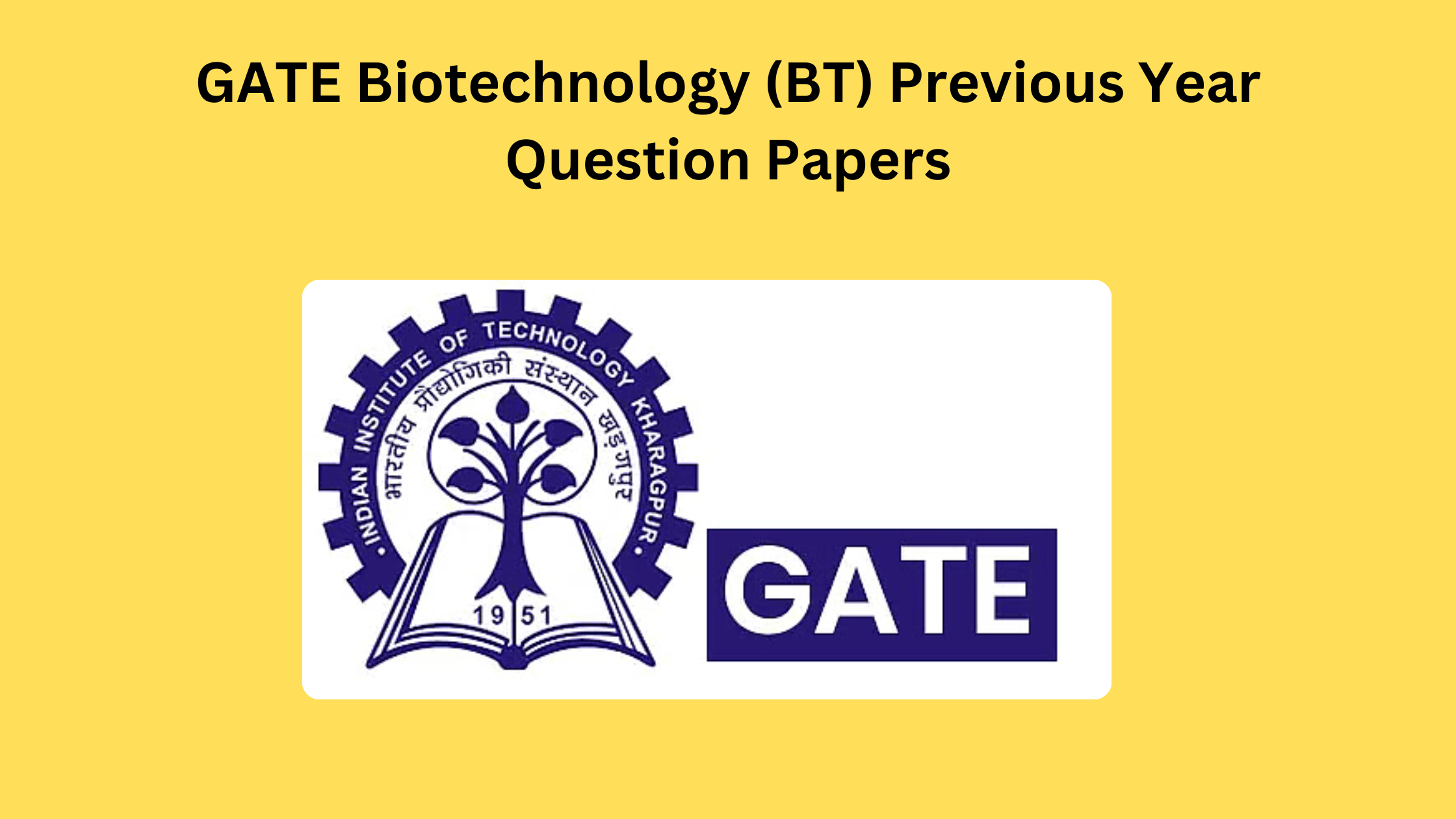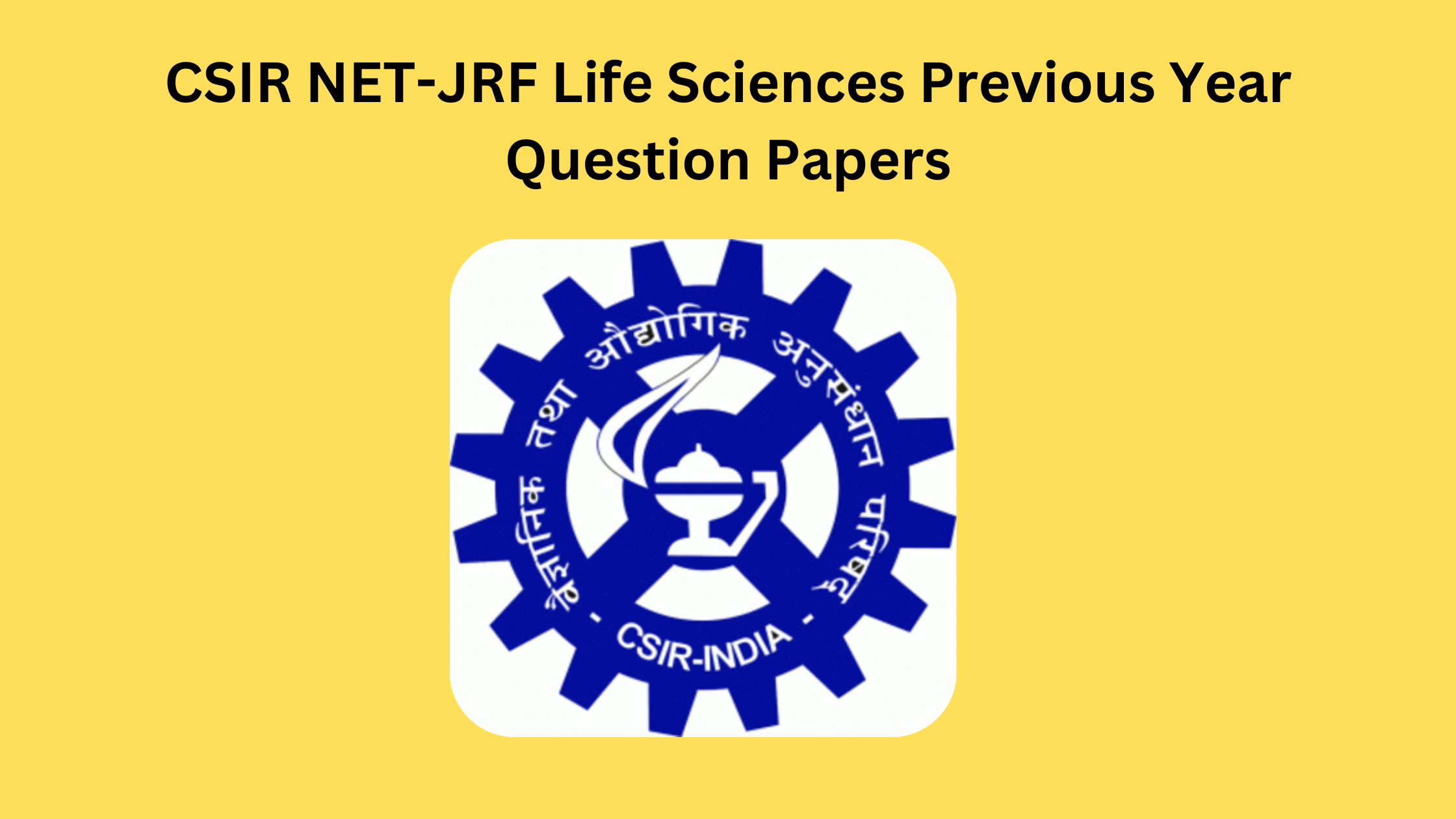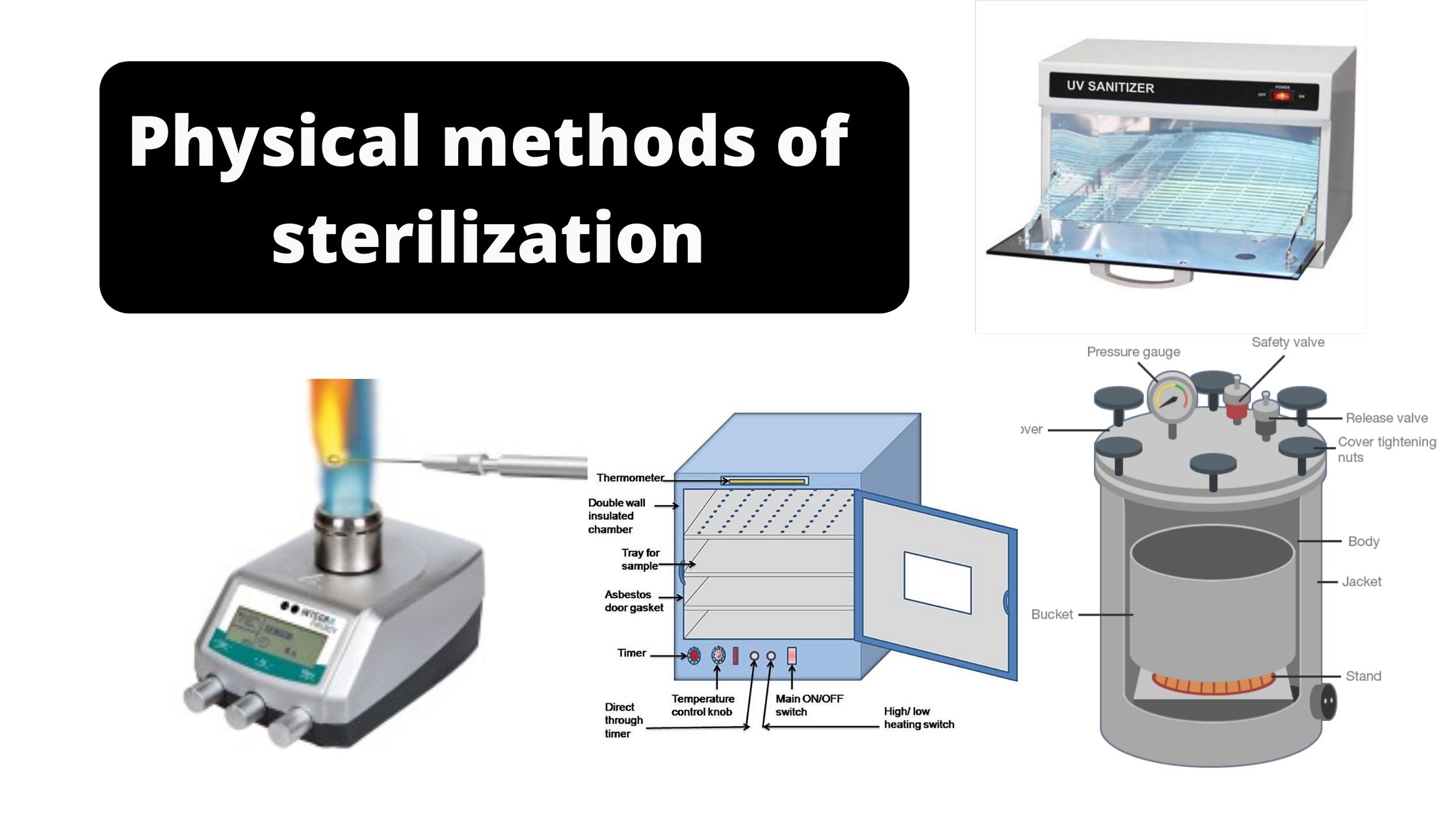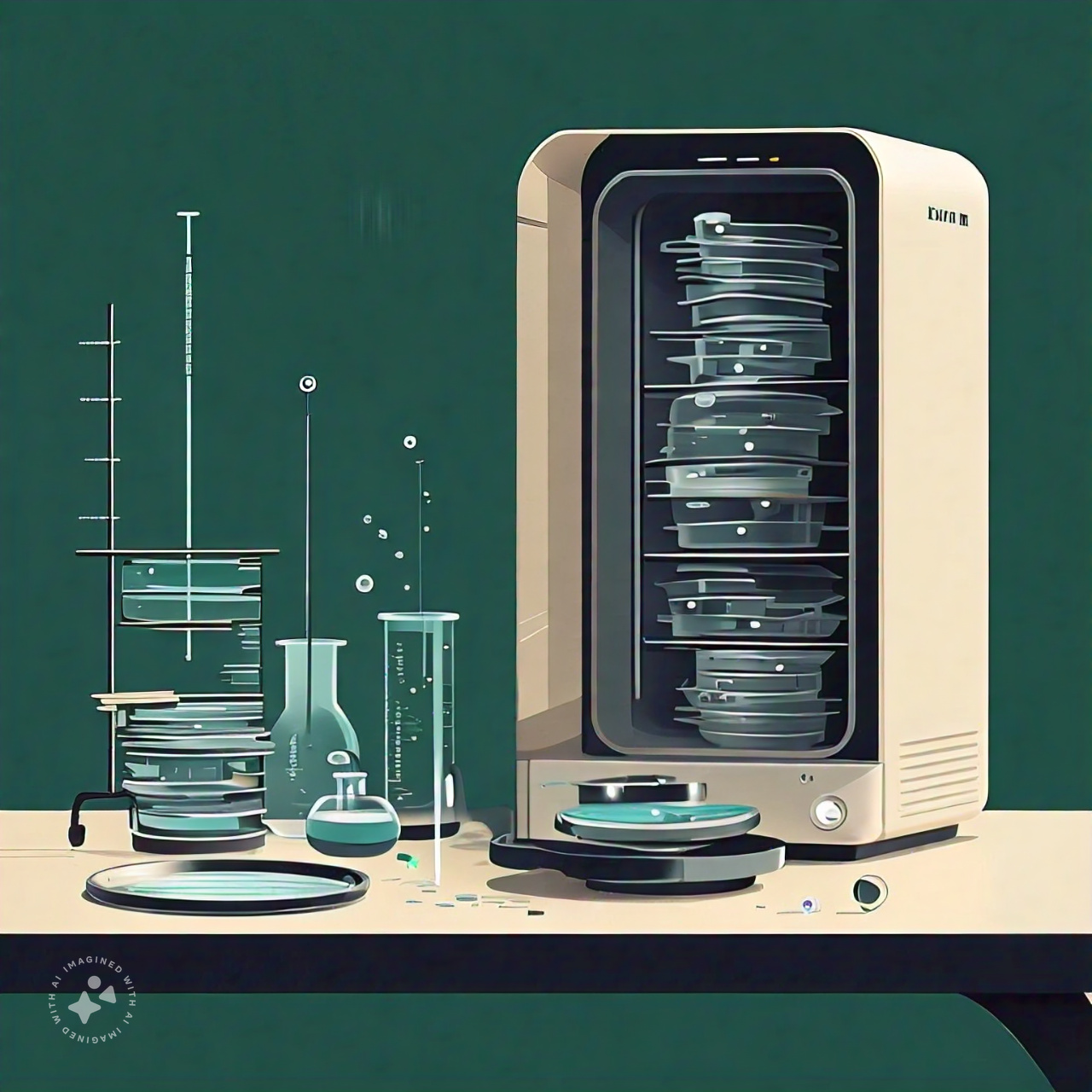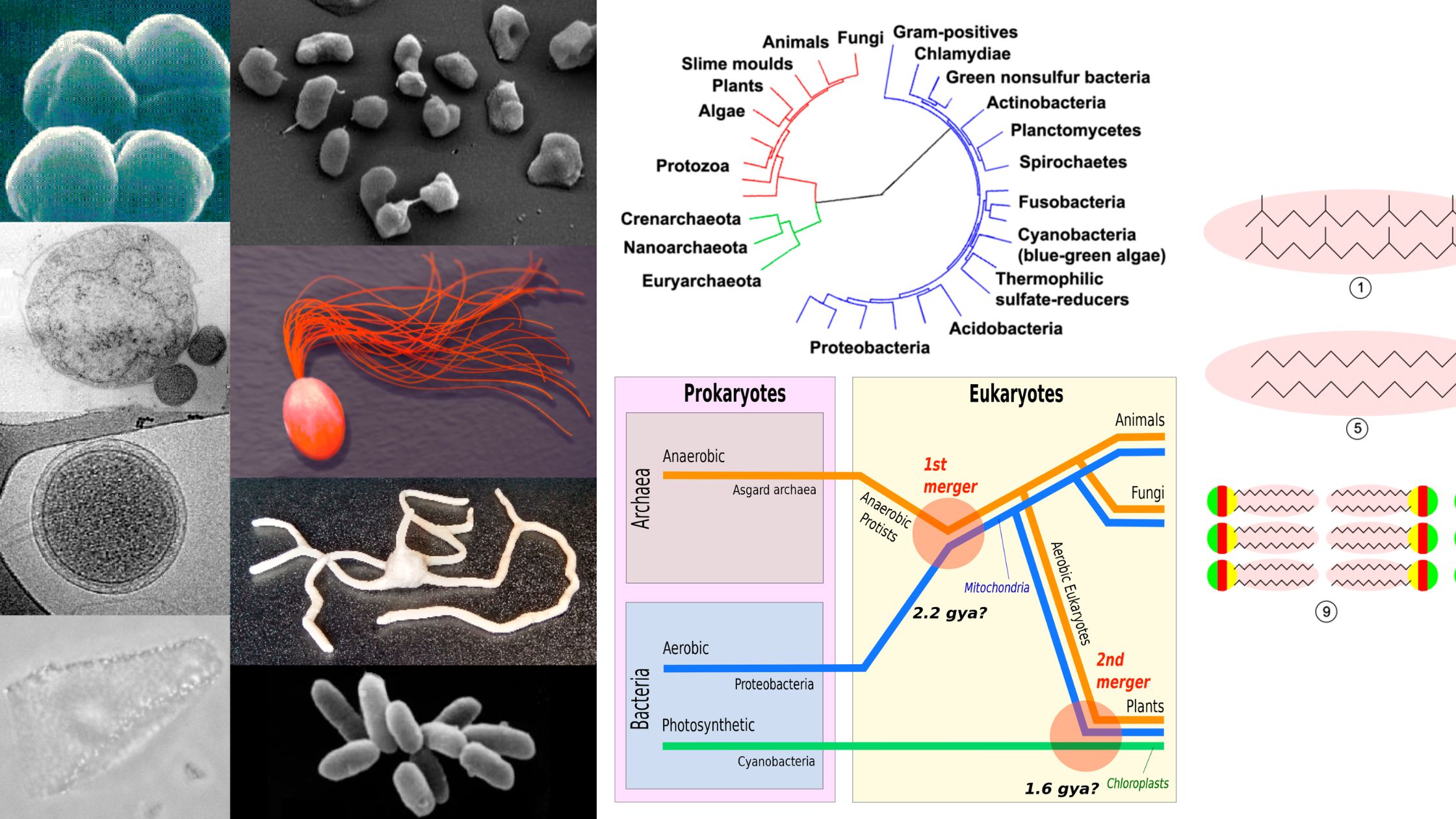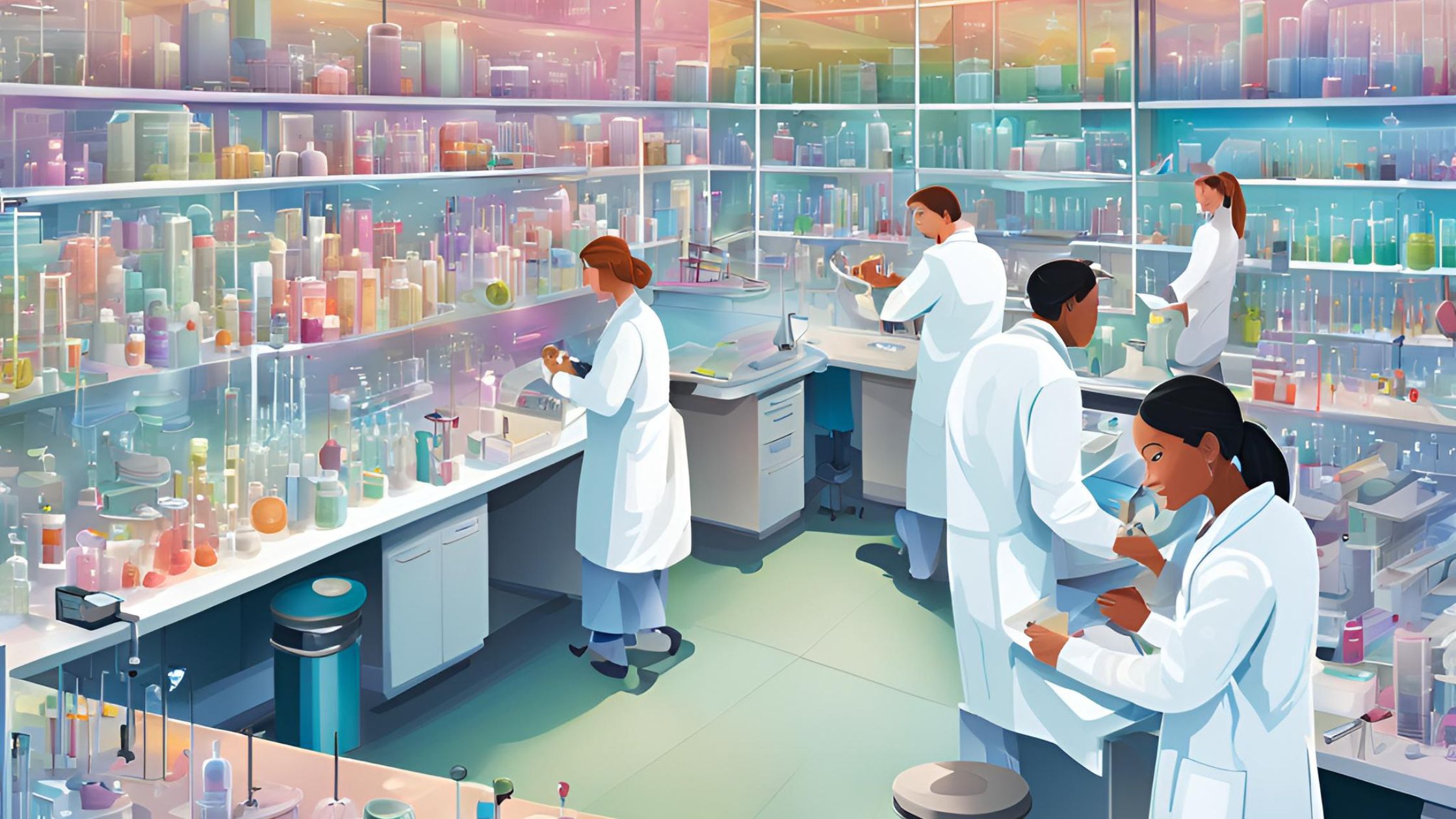Top Life Sciences and Biotechnology Entrance Exams after B.Sc. and M.Sc In India
For students pursuing a career in Life Sciences, Biotechnology, and related fields, entrance exams are critical milestones that determine your path to higher education and research opportunities. This guide provides an in-depth look at 42 essential entrance exams that can help you secure admission to top institutions and prestigious fellowships in India. Importance of Life … Read more

